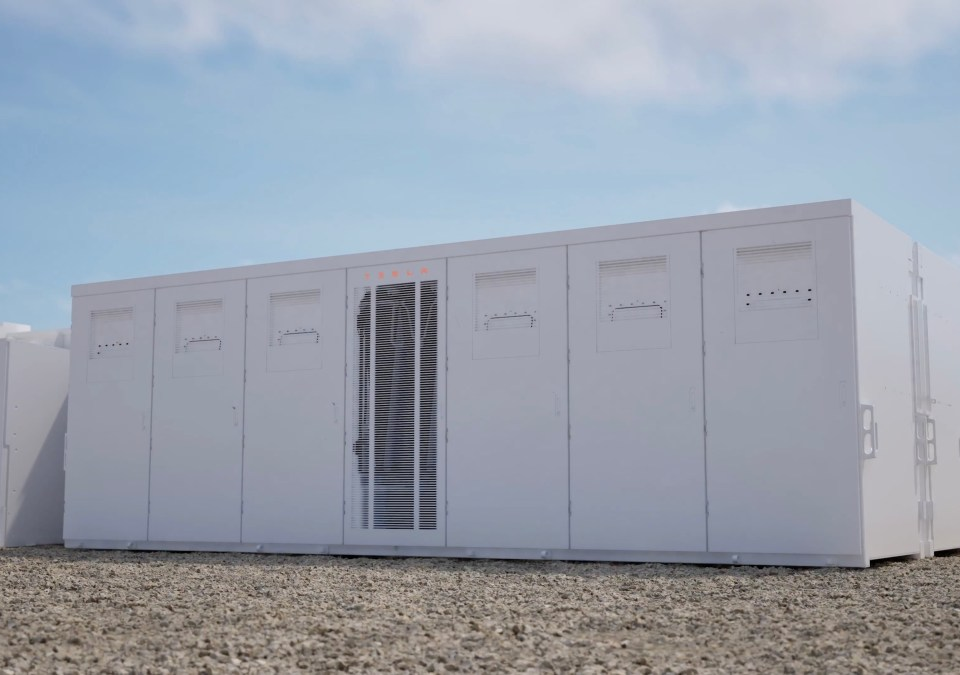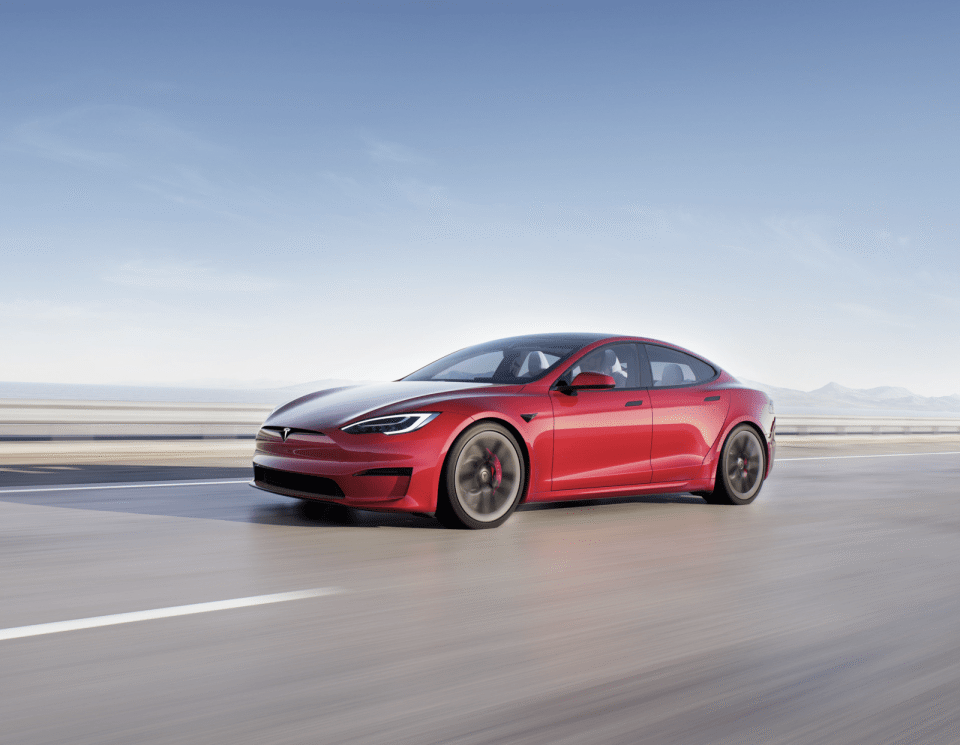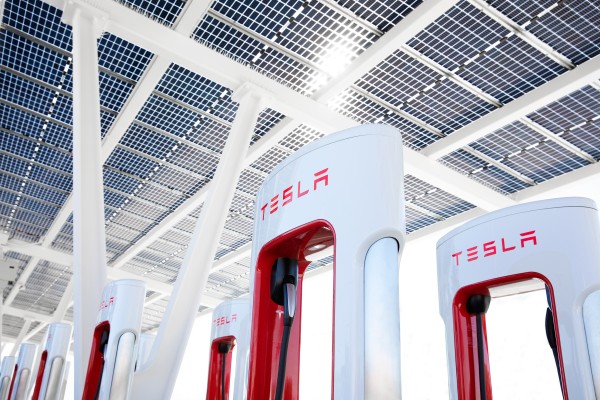
5 predictions for Tesla Q1 earnings
April 20, 2022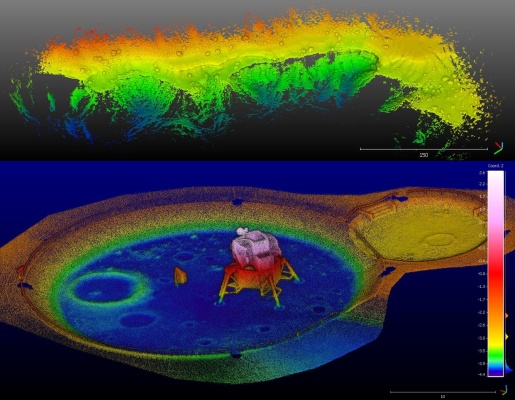
Aeva and NASA want to map the moon with lidar-powered KNaCK pack
April 21, 2022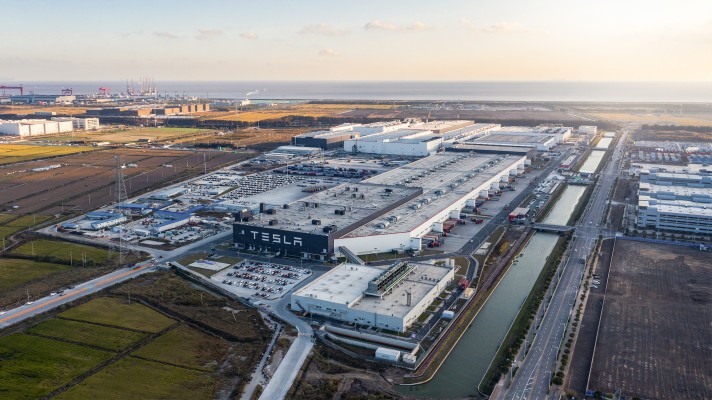
Tesla said Wednesday that a prolonged supply chain crunch has limited production capacity at its factories and expects the pain to continue through the rest of the year.
“Our own factories have been running below capacity for several quarters as supply chain became the main limiting factor, which is likely to continue through the rest of 2022,” Tesla said.
Tesla included the warnings in its first-quarter earnings report, which beat analyst expectations on income and revenue and sent shares higher in after-hours trading. Tesla reported $3.32 billion of net income, a 658% increase from the $438 million reported for the same period last year. Tesla also reported revenues of $18.75 billion. Per data from Yahoo Finance, analysts expected that Tesla would generate Q1 2022 revenues of $17.8 billion, and $2.26 in earnings per share.
Tesla’s outlook on capacity comes even as it opens two new factories in Berlin and Austin, Texas. Tesla started deliveries of its Model Y vehicle from Gigafactory Texas and Gigafactory Berlin-Brandenburg, but not enough to make a significant impact on first-quarter gross profits, the company said.
Tesla also outlined some of strategy for handling the supply chain issue and targets for growth, noting that it plans to grow its manufacturing capacity as quickly as possible.
“Over a multi-year horizon, we expect to achieve 50% average annual growth in vehicle deliveries. The rate of growth will depend on our equipment capacity, operational efficiency and the capacity and stability of the supply chain,” the company said without providing a specific year for when it aims to hit that target.
In 2021, the company delivered 936,222 vehicles. A 50% increase would mean delivering more than 1.4 million vehicles a year.
On the supply chain front, Tesla continues to vertically integrate to soften the impact, including “putting significant efforts into in-house cell production, raw material procurement and supplier diversification,” the company said.
“Challenges around supply chain have remained persistent, and our team has been navigating through them for over a year. In addition to chip shortages, recent COVID-19 outbreaks have been weighing on our supply chain and factory operations,” the company said in its first-quarter report. “Furthermore, prices of some raw materials have increased multiple-fold in recent months. The inflationary impact on our cost structure has contributed to adjustments in our product pricing, despite a continued focus on reducing our manufacturing costs where possible.”
The entire automotive industry has been hit with supply chain constraints that first cropped up during the COVID-19 pandemic, and has been further squeezed by the war in Ukraine. Some automakers have fared better than others, but it’s affected every company in some way, causing some to produce vehicles without certain features that require chips.

